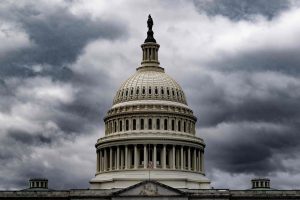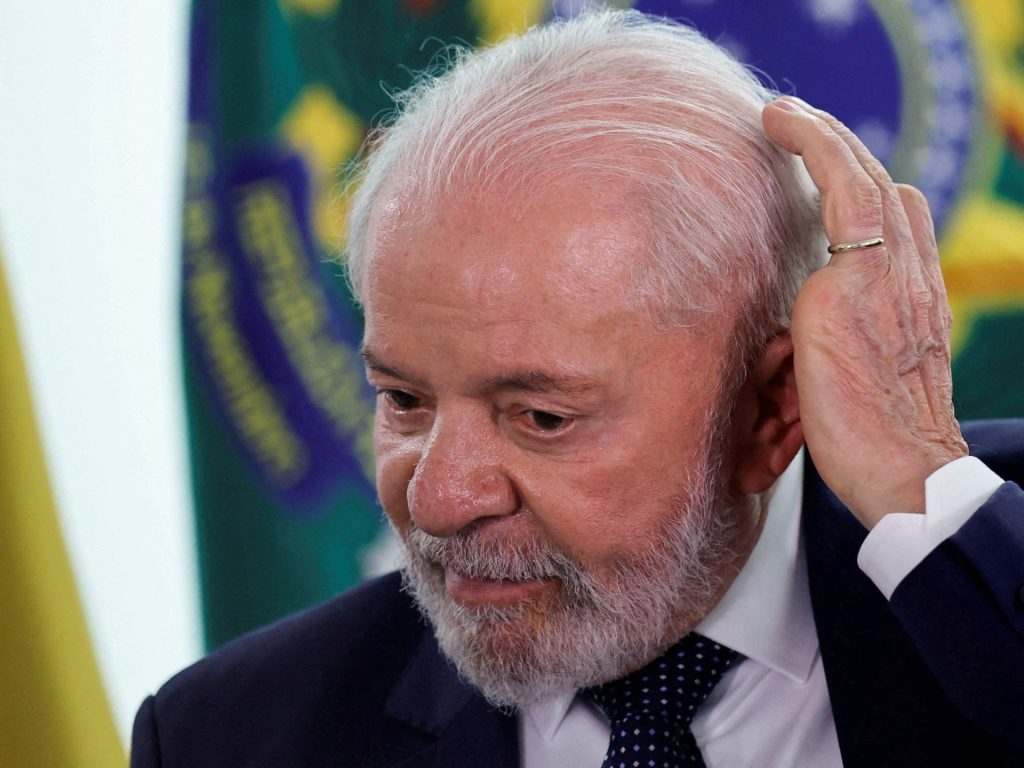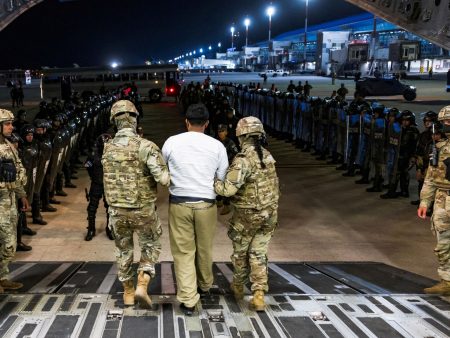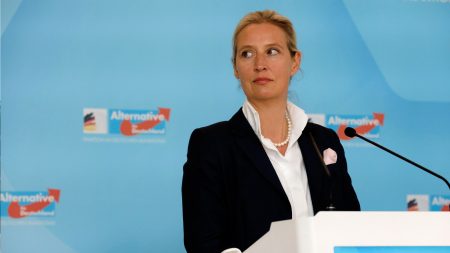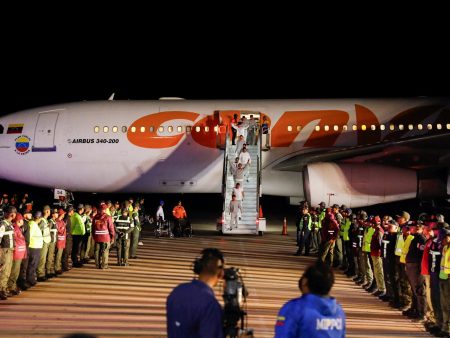Brazilian President Luiz Inácio Lula da Silva, 79, underwent successful emergency surgery for an intracranial haemorrhage, bringing a collective sigh of relief across the nation and beyond. The surgery, performed at the renowned Hospital Sirio-Libanes in Sao Paulo, addressed a bleed located between the brain and the dura mater, a protective membrane encasing the brain. Lula’s medical team, led by Dr. Roberto Kalil, confirmed that the procedure involved a trepanation, a surgical technique where a small hole is drilled into the skull to alleviate pressure caused by the bleeding. This specific haemorrhage was situated above the frontal and parietal lobes on the left side of the president’s brain. Post-surgery assessments indicated that neurological functions remained intact, and the medical team expressed confidence in a full recovery with no anticipated lasting effects.
The president’s health scare stemmed from a fall he suffered in October 2023 at his residence in Brasilia. While seemingly innocuous at the time, the fall resulted in trauma to the back of his head requiring stitches. Though Lula initially downplayed the incident, describing it as “serious but not affecting any sensitive area,” the lingering effects ultimately manifested as a persistent headache. A medical examination in Brasilia on Monday revealed the intracranial haemorrhage, prompting his immediate transfer to Sao Paulo, approximately 1,000km south of the capital, for specialized care.
Lula’s medical team emphasized the stability of his condition following the surgery. He remained conscious, communicative, and able to take nourishment, all positive indicators of a successful procedure. While under close observation in the intensive care unit for the following 48 hours, contact was restricted to medical personnel to ensure optimal rest and recovery. Vice President Geraldo Alckmin returned to Brasilia to oversee presidential duties in Lula’s absence, including a scheduled visit with Slovak Prime Minister Robert Fico. The president’s expected return to Brasilia at the beginning of the following week further reassured the public and political sphere.
This health crisis underscores the physical demands placed upon individuals in high-office, particularly those of advanced age. While Lula initially seemed to have escaped serious injury from his fall, the delayed manifestation of the intracranial haemorrhage highlights the importance of diligent medical monitoring following head trauma. The incident also briefly shifted the focus of the Brazilian political landscape onto the president’s health and the potential implications for governance, emphasizing the crucial role of the vice president in ensuring continuity of leadership. The swift and decisive action taken by Lula’s medical team, coupled with the transparent communication regarding his condition, contributed significantly to managing public concern and maintaining stability within the government.
Lula’s health scare resonates beyond the immediate political context, reminding individuals of the potential for seemingly minor injuries to have long-term consequences, especially head injuries. The incident underscores the importance of seeking prompt medical attention and adhering to recommended follow-up care, even when initial symptoms appear mild. The president’s experience serves as a cautionary tale about the unpredictable nature of head trauma and the necessity for vigilance in monitoring potential complications. This incident also brought awareness to intracranial haemorrhage, a condition that can occur after a head injury, even weeks later, highlighting the importance of recognizing the signs and seeking medical help.
The president’s anticipated full recovery and return to his duties is welcomed news for Brazil, signaling a return to normalcy in the political arena. While this health scare momentarily disrupted the political agenda, it also served as a testament to the resilience of Brazil’s political system and the preparedness for leadership transitions in times of unforeseen circumstances. Lula’s experience underscores the importance of robust healthcare systems and access to specialized medical expertise, highlighting the role of preventative measures and timely interventions in mitigating the long-term impact of injuries, especially those affecting the brain. The episode also emphasizes the importance of transparency in communicating health matters concerning public figures, as this fosters public trust and minimizes speculation.

